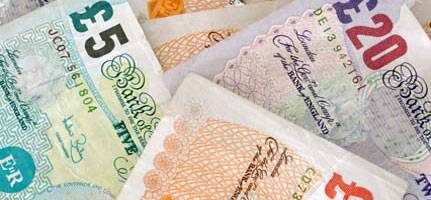Banking as we know it began in the Dutch capital of Amsterdam in the early sixteenth century, when shipping merchants required cashiers to look after large sums of money. The current account, created for the less wealthy (but still well off for their time) came into being in the UK in the late eighteenth century.

Current Account or Saving Account?
Savings accounts tend to attract more in the way of interest, as due to their more stable nature (in terms of the money held within a savings account) although the return available varies significantly between accounts.
Some savings accounts pay you interest without deducting tax, such as the ISA, while others offer better interest rates if you agree to leave your money for a fixed amount of time (Fixed time bonds). The longer an amount of money a bank knows is going to sit in an account, and the larger that amount is, the more a bank can do with it in terms of own investment aims. It cannot do this with a current account.
Here's a short film explaining the basics of a current account: